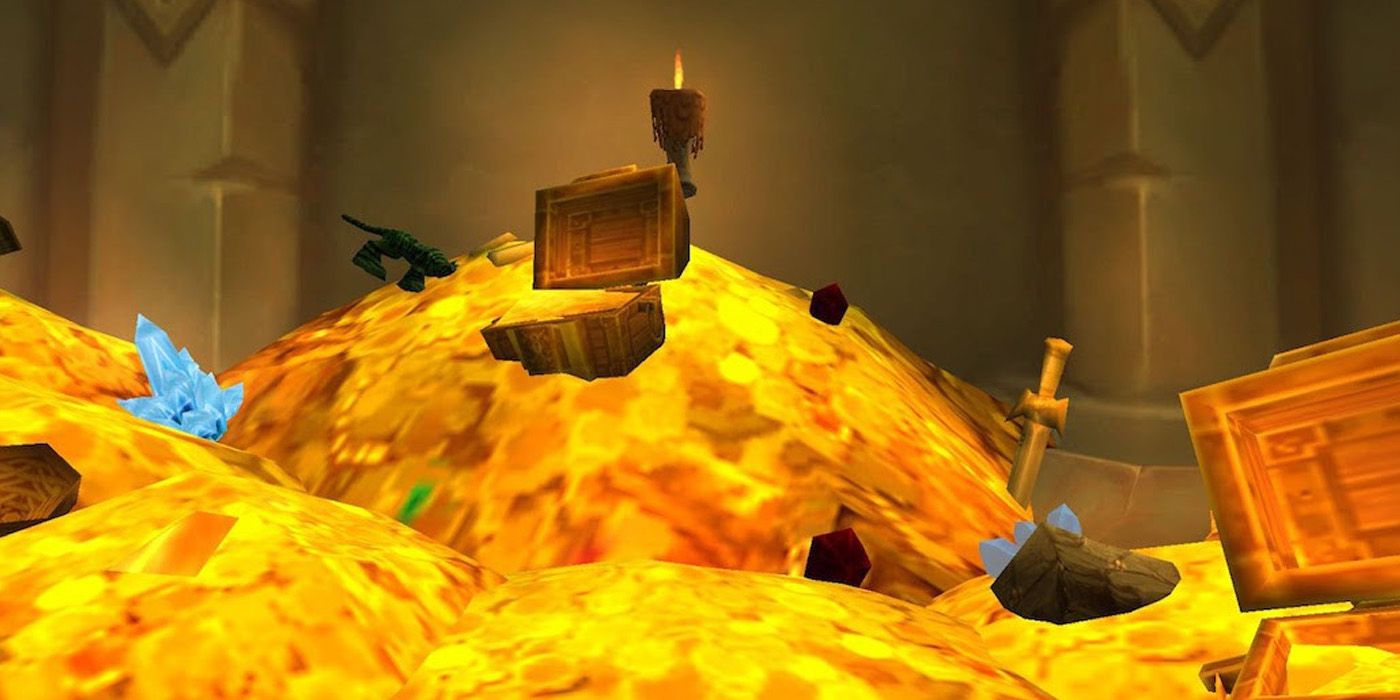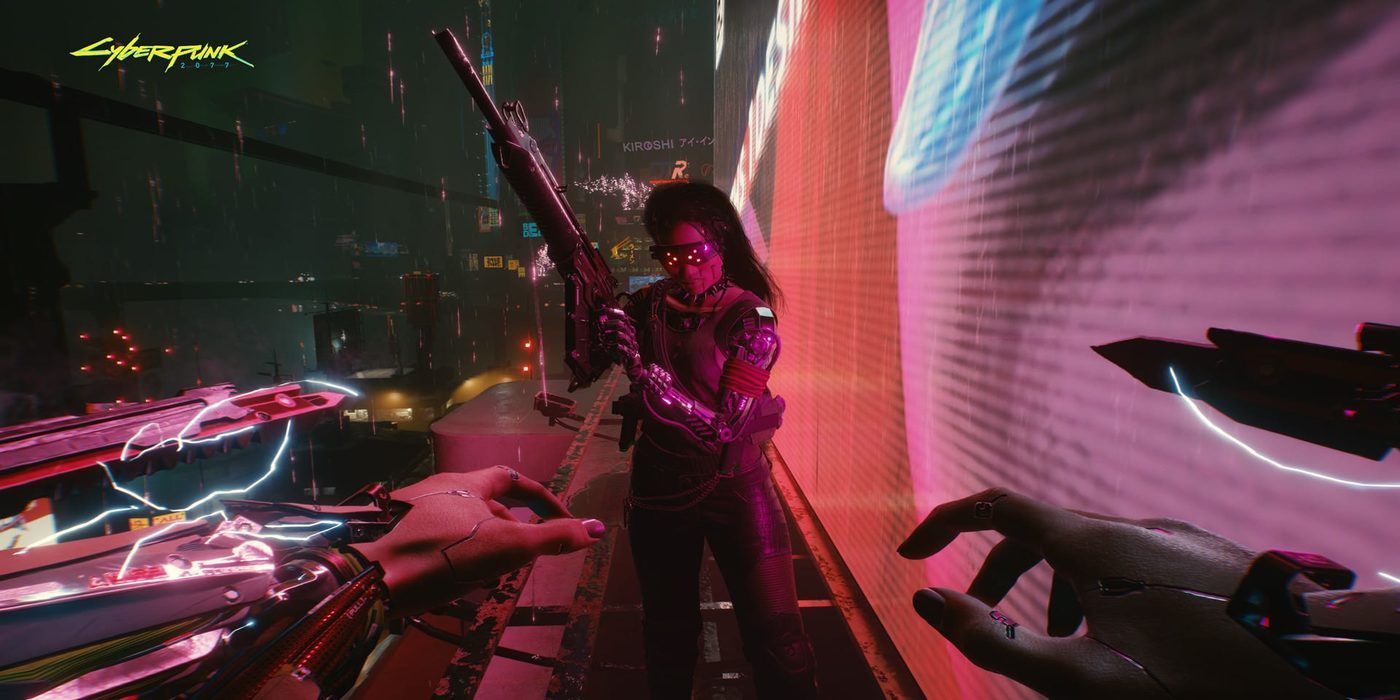Should You Pre-Order Games in 2021? | Game Rant

Sometimes, it can be hard to turn a profit as a gaming company, while pre-orders help see where a game stand stands in terms of pre-release hype. While this may not have a complete impact on the game, it will send signals to the developers and publishing company. After all, there are instances of tons of hype that works out in terms of number of pre-orders, there are instances where low numbers can indicate a game's current popularity, and there are insane instances where pre-orders and quality don't line up, with Cyberpunk 2077 and the hassle of the Walmart PS5 pre-order mayhem being prime examples.
In just 2020, gamers were faced with a few issues with the pre-order process, and not just because of the pandemic raging across the world. Players had their next-gen console and graphics card pre-orders cancelled or scalped before regular customers could get a copy. This led to tons of confusion and angry fans who had spent their hard-earned money to get the new hardware the day it had released. While pre-ordering games are often up for a debate, it's worth asking if the practice still makes sense in 2021.
The relationship between developer and publisher is not simple, but it can be seen as the workforce and the funding body. Sales are how the publishers stay afloat, as they are in charge of distributing and marketing the game, though this also includes managing risk. As such, one can look at pre-orders as an early risk/reward factor.
Cyberpunk 2077 ran into developmental issues before its release in December 2020. While the game looked decent on PC and next-gen consoles, it did not share a similar quality on the old-gen machines. CD Projekt co-founder, Marcin Iwinski, admitted in a YouTube video that it was he and the board of CD Projekt that decided to release the game, not the developers who likely knew of the issues. Many of the issues that some saw at launch serve as a rallying cry of sorts to not pre-order, but it's not as simple as that. Cyberpunk 2077 was an extreme case; pre-orders can show interest in an upcoming game and beyond, meaning a way to show support for a beloved pastime.

For as long as there has been the ability to pre-order games, there have been pre-order bonuses, such as Persona 5 Strikers. When players pre-order a game, the cash doesn't immediately go to the gaming company, but it can serve as a marker of how much the game has made so far. This looks really good to developers and publishers, so they offer in-game or physical exclusives to encourage gamers to pre-purchase their products. In more cases than not, though, that content releases into the game for free at a later date, and fans can find posters and the various physical items on online marketplaces.
That isn't to say that gamers shouldn't pre-order a game if they really want to. At worst, players should be aware of how hype and a good marketing campaign can inflate a product beyond what it can actually promise. If the developer and publisher have a proven track record, then it's not always going to bite back. However, it would be wise to keep an eye on the development and feel free to cancel the pre-order if it seems the creators are mishandling the audience's trust. In an ideal world, the most successful video game publishers will focus on creating a great game without putting financial pressure on the developers, but as with many things in the industry, it's not a cut and dry thing.

Post a Comment